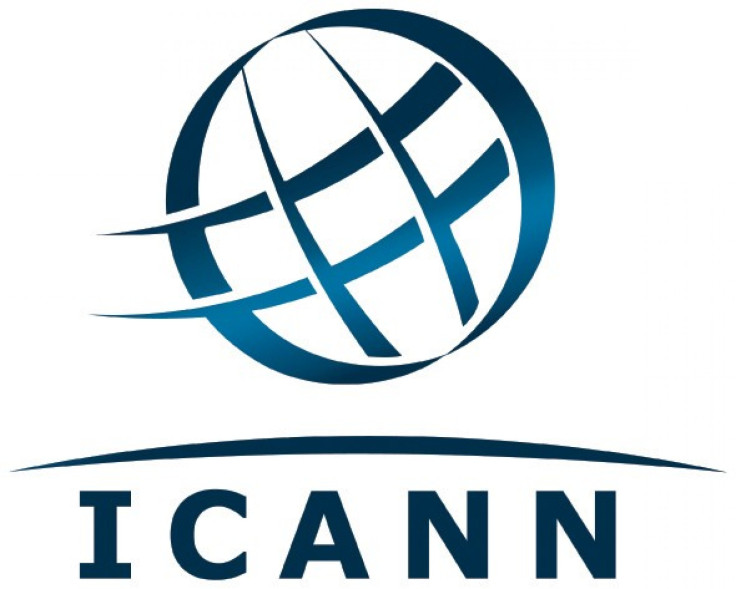ICANN expands Internet domain names, new era for the cyber world

The Internet Corporation for Assigned Names and Numbers (ICANN), a California-corporation that oversees Internet address system has agreed to expand available domain extensions at a meeting in Singapore, allowing private companies to replace the generic extensions such as “.com” with their own brand.
At the meeting held on Monday, June 20, 2011 in Singapore, the plan to expand the domain extensions was passed with 13 Board members voting in favor. 1 Board member opposed and 2 abstained.
Prior to the decision, there were only 22 generic top-level domains (gTLDs) existed, such as the familiar “.com”, “.org”, and “.net”. The decision would allow creation of several hundred new gTLDs. It may not be a distant future to find URLs that end with “.apple”, “.canon”, and similar “.brand” extensions.
“This is the biggest change to domain names since the creation of '.com' 26 years ago,” said the chief executive of Melbourne IT Digital Brand Services, Theo Hnarakis.
Hnarakis added that this would be a “significant” marketing opportunity for big name companies. “No longer will big brands be sharing their domain space on the Internet with others – they’ll be masters of their own domain,” Hnarakis said.
A 90-day application period for the new TLD’s is expected to open on January 12, 2012 and the new domains will go live in 2013. Once the application period is closed in 2012, however, it may not open again for 2-3 years. The application fee, according to Hnarakis, will be $185,000.
“Brands need to act now if they want to apply for one of these new domain names as it is not as simple as registering a .com address. ICANN’s application fee is $185,000 USD and the application process is complex, requiring a submission which will run into hundreds of pages. Many companies will engage with a specialist to help them apply and manage their new TLD,” said Hnarakis.
The decision did encounter worrisome voice, expressing concerns about confusion it may bring.
“It’s an unproven idea that has been handled very poorly from a project management standpoint,” said the executive director of the International Trademark Association, Alan C. Drewsen.
However, Sebastian Bachollet, a board member of ICANN, said he was confident about the decision.
“Some people feel that the new gTLDs will cause confusion… I trust we have the tools to ensure the phase of stress will be brief,” said Bachollet.
© Copyright IBTimes 2024. All rights reserved.











